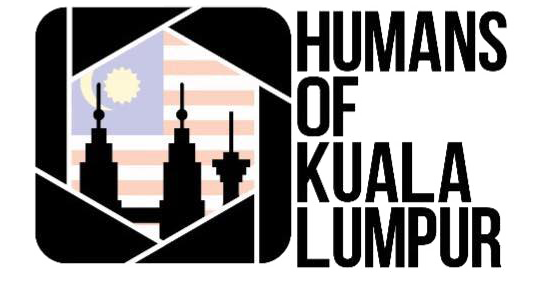
“I am from Sungai Siput, a small town in Perak, and furthered my studies in London. I was struggling a lot there – I didn’t know how to speak English and living cost is very expensive. Food is cheap here, but in London its very expensive. I didn’t understand the value of money then.
At one point, when I did my PhD at the Imperial College of London, my wife and I wanted to come back (to Malaysia). We wanted to rent a place near the college but it costs 1000 pounds per month when we only had 850 pounds. We persisted, found a place a bit far off, took the bus and managed to push through.
The four years in London changed me. I learnt how to do many things on a small budget. I watched free movies in the cinema by giving reviews about the movie and managed to watch up to 50 movies every year. I rented a car for 1 pound per day, for 3 days, which allowed me and my wife to tour the UK. I once paid 1 pence for a flight to Portugal. My friends called me the ‘lubang king’. They would come to me and say ‘Hey Yeong, I want to go to Greece, can you give me a good deal?’
I had a culture shock when I came back. When you are in London, everyone wants to do something big. They want to create a company, they want to create a startup. The main difference is, in that part of the world, they have the ecosystem, but here in Malaysia, they don’t.
In Silicon Valley, they have Facebook and Google. University students can look into them for inspiration when they want to start a startup. You go to Korea, you have Samsung, you go to Japan, they have Sony and other companies. Back in Malaysia, its quite hard to find a success story. Right now we have a few, like Grab and The Lorry.
What about tech companies? In 2010, I started to look for an opportunity. The first company that I really wanted to start up is a healthcare robot company, which is my phD subject. I thought it was going to be smooth, because when I was in London, it was quite a smooth ride in dealing with a product, but it was not the case. The ecosystem here is not ready for it yet.
Eventually, I started up DF Automation and Robotics with a few other co-founders.
We build robots that can do specific and autonomous tasks for different purposes, to reduce the need for human labour. One robot can do different tasks so you don’t really have to customize the robot, you just add or change and do different applications.
When I came back from London after finishing my PhD, I had a change of mindset – rather than spending so much time and energy to win competitions, I should focus in developing something that can bring economic value to country for long run. That’s how me and with my two students founded this company. We design and manufacture Automated Guided Vehicle (AGV).
In a production and manufacturing company, components and parts need to travel and be placed in different locations. The parts can weigh up to 500 kg and have to be moved as far as 3km. In Malaysia, we hire low skilled operators, mostly foreigners. We build robots for this purpose, to reduce labour reliance.
As an academic going into business, I had no idea how to do business. So, I started to look for mentors and guidance. In 2012, MaGIC was founded to address the entrepreneurship gap in Malaysia.
I joined their very first programme called MaGIC PitchIN Challenge where you have to pitch for funding from the crowd, and we raised the highest fund, a total of RM 50,000+. We also had to be in MAGIC’s office every 3-4 days.
I had to travel every week to attend these powerful courses and syllabuses, even getting to learn how to measure your business – when it’s not even up yet.
They helped me to grow the business, mentorship guideline and also providing a platform by gathering all the entrepreneurs, like Anthony Tan from Grab (MyTeksi) last time.
And for us, the future is AI (artificial intelligence). We want to be the first AI company in this region.
When you order from a sushi restaurant, the chef makes but the robot serves you. In Korea, a BBQ restaurant uses 8 robots to serve to 80 tables. Now we are working to go kopitiam in Malaysia.
I hope DF can grow big and successful, and hopefully; it can inspire academicians and students to venture to entrepreneurship and commercialise the research outcome in universities.”
__________________________________
Humans of Kuala Lumpur is partnering with Malaysian Global Innovation and Creativity Centre (MaGIC) in featuring inspiring and impact-driven entrepreneurs, problem solvers and startups in their mission to solve Malaysia’s problems! #HumansofMaGIC
Photostory by Christine Cheah
Edited by Amalina Davis and Mushamir Mustafa
Do you have a story? Let us know here: https://forms.gle/ht4HsvbxgSgcKS5h8
(This post was first published on July 22nd 2018)


